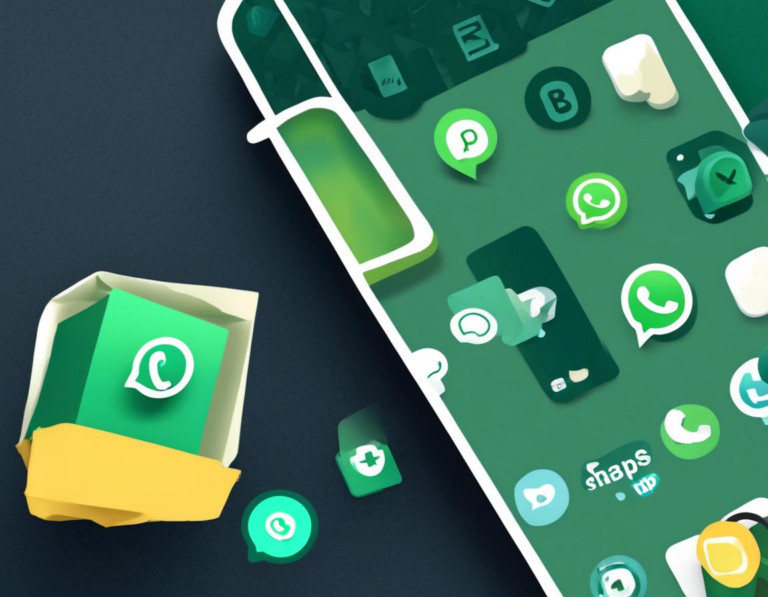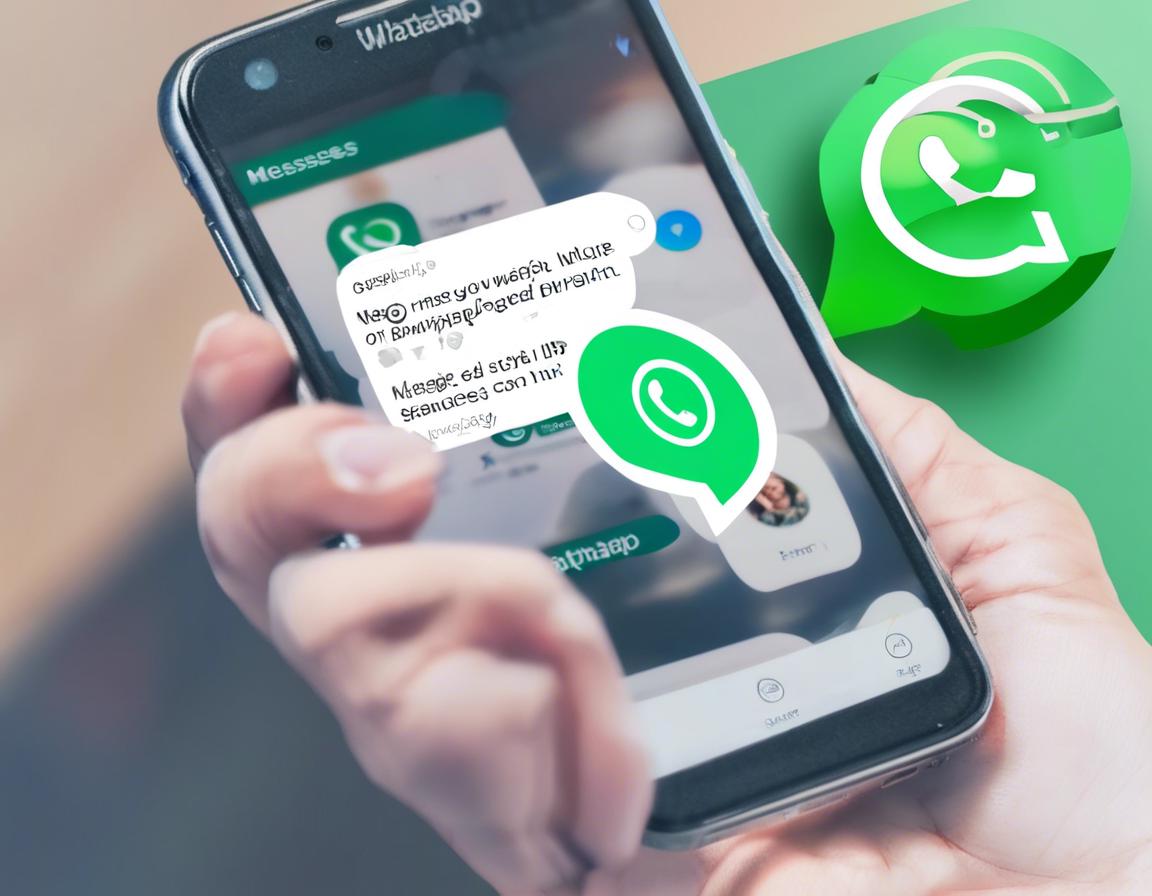How to Automate Messages on WhatsApp Business

In today’s fast-paced business world, efficiency is key. Businesses are constantly looking for ways to streamline their operations and save time. One area where automation can be particularly helpful is in customer communication. WhatsApp Business offers a powerful set of tools to help you automate messages and enhance your customer interactions.
Why Automate WhatsApp Messages?
Automating WhatsApp messages offers a multitude of benefits for businesses:
- Save Time: Spend less time manually typing out the same responses to common questions.
- Improve Efficiency: Handle a larger volume of inquiries without sacrificing quality.
- Increase Customer Satisfaction: Provide instant responses and personalize interactions.
- Reduce Errors: Eliminate the risk of human error in communication.
- Boost Brand Consistency: Ensure consistent messaging across all customer interactions.
Setting Up WhatsApp Business
Before you can dive into automating messages, you’ll need to set up your WhatsApp Business account. Here’s a quick guide:
- Download the WhatsApp Business App: Available for both Android and iOS.
- Create a Business Profile: Provide essential details like your business name, address, website, and contact information.
- Verify Your Phone Number: Receive a verification code via SMS to confirm your account.
- Explore Features: Get familiar with the various features offered by WhatsApp Business, including automated messages.
Types of Automated Messages on WhatsApp Business
WhatsApp Business provides several types of automated messages to help you manage your customer interactions:
1. Greeting Messages
These messages are sent automatically to new contacts who message you for the first time. They serve as a warm welcome and can include information like:
- Business hours
- Products or services offered
- FAQs
- Links to your website or social media pages
2. Away Messages
These messages are sent automatically when you are unavailable, for example, outside business hours. They can inform customers that you are currently unavailable and provide alternative ways to contact you, such as:
- Email address
- Website contact form
- Phone number
3. Quick Replies
These are pre-written messages that you can quickly insert into your conversations. They save you time by eliminating the need to type out the same responses repeatedly. You can use quick replies for:
- Common questions
- Product descriptions
- Order confirmations
- Shipping updates
4. Catalogs
This feature allows you to create a digital catalog of your products or services, showcasing photos, descriptions, and prices. Customers can browse your catalog and easily place orders through WhatsApp.
How to Create and Manage Automated Messages
Now that you understand the different types of automated messages, let’s explore how to create and manage them in your WhatsApp Business account:
- Open the WhatsApp Business App and tap on the “Settings” icon (three dots in the top right corner).
- Select “Business Tools” and then “Automated Messages”.
- Choose the type of automated message you want to create (greeting, away, quick replies, or catalog).
- Compose your message and customize it to your liking. You can add text, images, links, and even use variables to personalize the message.
- Set the message schedule if necessary, for example, specify the time frame during which your away message should be active.
- Save your message and it will automatically be sent to eligible recipients.
Using Variables to Personalize Messages
To personalize your automated messages and make them more engaging, you can use variables. Variables are placeholders that are replaced with specific information about the customer or the context of the interaction. Some common variables include:
- {{customer_name}}: Displays the customer’s name.
- {{business_name}}: Displays your business name.
- {{message_text}}: Displays the customer’s message.
- {{product_name}}: Displays the name of a specific product.
By using variables, you can create more personalized and relevant messages that resonate with your customers.
Automating Responses to Frequently Asked Questions
One of the most effective ways to utilize automated messages is to address frequently asked questions (FAQs).
- Identify Common Questions: Review your past conversations and identify questions that your customers frequently ask.
- Create Quick Replies: Compose pre-written responses for each FAQ, making them concise and informative.
- Organize Your Quick Replies: For better organization, categorize your quick replies into relevant groups. This will make it easier to find the right response quickly.
- Provide Options for Further Assistance: If a customer’s question is more complex and cannot be fully answered through a quick reply, offer additional support options, such as directing them to your website or suggesting a phone call.
Integrating WhatsApp Business with Other Tools
To further enhance your automated messaging capabilities, consider integrating your WhatsApp Business account with other tools:
1. CRM Systems
Integrate your WhatsApp Business account with a CRM system to access customer data, track interactions, and personalize messages.
2. Marketing Automation Platforms
Connect your WhatsApp Business account with a marketing automation platform to create targeted campaigns, send automated messages based on customer behavior, and track campaign performance.
3. Live Chat Software
Combine WhatsApp Business with live chat software to offer a seamless customer service experience. You can use live chat for immediate responses and switch to WhatsApp Business for more complex inquiries or follow-up conversations.
Tips for Effective WhatsApp Business Automation
To ensure your automated messages are effective and enhance your customer experience, keep the following tips in mind:
- Keep it Concise and Relevant: Your automated messages should be brief and focus on the most important information.
- Use a Conversational Tone: Write your messages in a friendly and natural language that feels like a conversation.
- Personalize Messages: Use variables and segment your audience to deliver more targeted messages.
- Offer a Clear Call to Action: Tell customers what you want them to do, for example, visit your website, place an order, or contact you for further assistance.
- Track Performance: Monitor the effectiveness of your automated messages and make adjustments as needed.
Conclusion
Automating messages on WhatsApp Business can be a game-changer for businesses looking to improve efficiency, enhance customer satisfaction, and streamline their operations. By leveraging the various automated message options, integrating with other tools, and following best practices, you can unlock the full potential of WhatsApp Business and elevate your customer communication to new heights.

